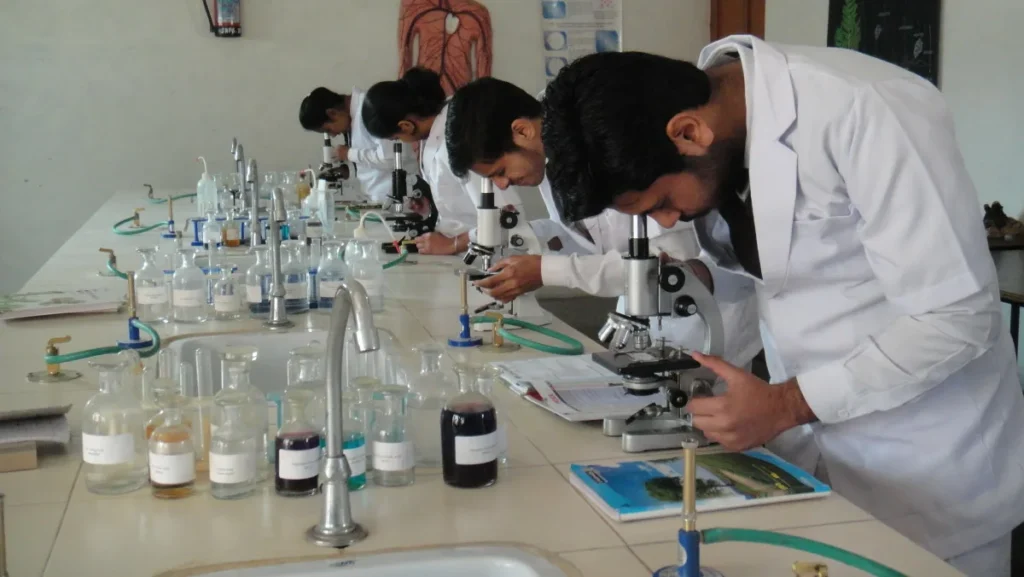When it comes to healthcare, skilled paramedical professionals are the backbone of quality patient care. While paramedical courses provide students with theoretical knowledge and technical skills, one factor that often shapes their real success is mentorship. Having an experienced mentor can make the difference between just completing a diploma and excelling in the healthcare industry.
In this blog, we’ll explore why mentorship is crucial in paramedical training, how it helps students, and how institutions can create strong mentor-mentee relationships.
Why Mentorship Matters in Paramedical Training
- Bridging the gap between theory and practice
Classroom learning provides the foundation, but it’s mentorship that connects knowledge with real-life healthcare settings. Mentors guide students during internships, hospital visits, and lab training, ensuring they apply what they’ve learned effectively. - Building confidence
Paramedical students often deal with patients early in their training. Having a mentor means having someone to correct mistakes, provide reassurance, and boost confidence in handling critical situations. - Career guidance
A mentor not only teaches medical skills but also helps students identify career opportunities—whether in diagnostic centres, hospitals, or private labs. For example, someone pursuing a Diploma in X-Ray Technician can gain insights into specialization options like CT Scan or MRI through mentor guidance.
Benefits of Mentorship for Students
- Skill Enhancement: Mentors demonstrate practical techniques, from operating diagnostic machines to managing patient communication.
- Professional Networking: Students can connect with senior doctors, technicians, and healthcare administrators through their mentors.
- Personal Growth: Beyond academics, mentors often teach discipline, empathy, and stress management—qualities essential in healthcare.
- Better Job Readiness: Institutions that integrate mentorship produce graduates who are more prepared for real-world challenges.
How Institutions Can Promote Mentorship
- Structured Mentor Programs – Assigning experienced professionals to students for ongoing guidance.
- Hands-on Training – Encouraging mentorship during clinical practice in diagnostic centres and hospitals.
- Feedback Sessions – Regular mentor-mentee discussions to review progress and address challenges.
- Industry Exposure – Linking students to internships and placements with the help of mentors.
Why Choose Mentorship-Focused Paramedical Institutes?
If you are considering a career in healthcare, choose an institute that emphasizes mentorship. At Diagnopein Paramedical Institute, students not only receive academic training but also get guidance from experienced mentors who prepare them for real-world healthcare roles.
With courses like Diploma in Dialysis Technician, Diploma in Medical Laboratory Technology (DMLT), and Diploma in Radiology & Imaging Technology, students benefit from personalized mentorship that makes them career-ready.
Final Thoughts
Mentorship is more than just teaching—it’s about shaping careers, building confidence, and preparing students for the dynamic healthcare environment. For paramedical students, having a mentor means having a guide who ensures they don’t just learn but truly grow into skilled professionals.
If you are looking to start your paramedical journey with strong mentorship and career support, explore the courses at Diagnopein Paramedical Institute.

